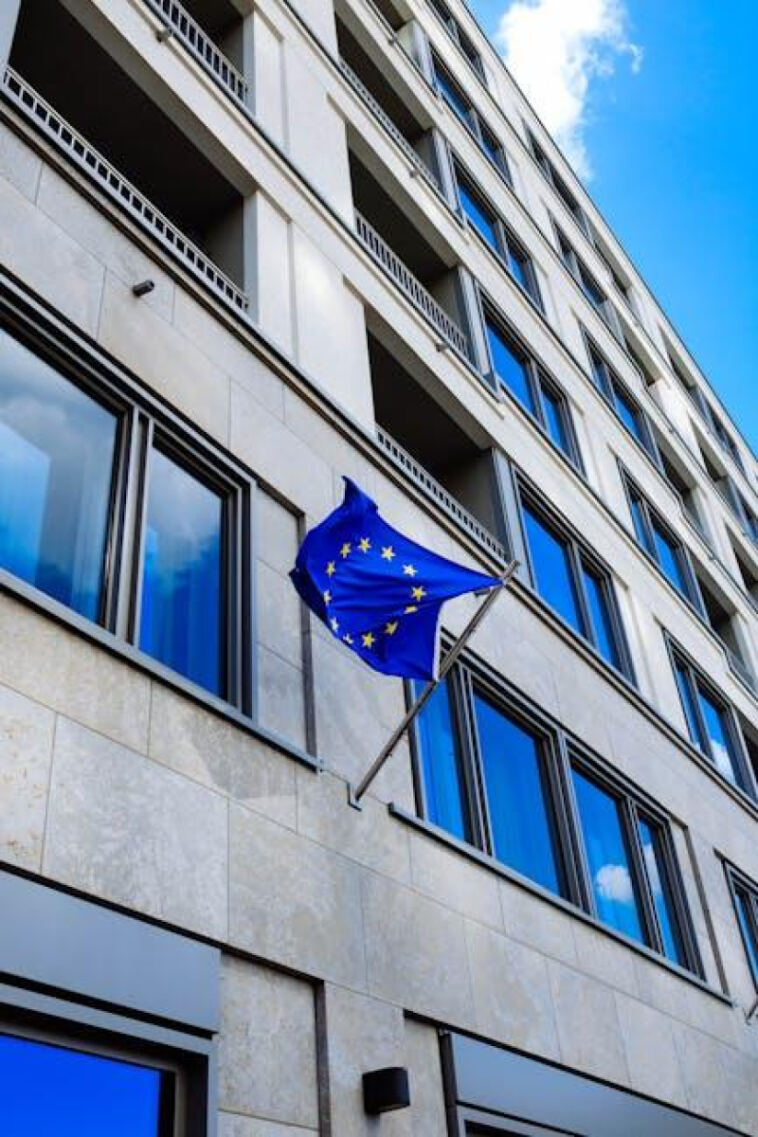- Like
- SHARE
- Digg
- Del
- Tumblr
- VKontakte
- Flattr
- Buffer
- Love This
- Save
- Odnoklassniki
- Meneame
- Blogger
- Amazon
- Yahoo Mail
- Gmail
- AOL
- Newsvine
- HackerNews
- Evernote
- MySpace
- Mail.ru
- Viadeo
- Line
- Comments
- Yummly
- SMS
- Viber
- Telegram
- JOIN
- Skype
- Facebook Messenger
- Kakao
- LiveJournal
- Yammer
- Edgar
- Fintel
- Mix
- Instapaper
- Copy Link
In a rapidly evolving landscape of laws and regulations surrounding cannabis, global partnerships have proven to be essential in navigating the complexities of international trade deals. As the market expands and countries continue to legalize cannabis, establishing connections and collaborations across borders is crucial for companies looking to thrive in the global cannabis industry. Join us as we delve into the world of international cannabis trade deals and explore the strategic alliances that are shaping the future of this burgeoning market.
The Growing Importance of Global Partnerships in the Cannabis Industry
In the dynamic world of the cannabis industry, global partnerships have become increasingly vital for companies seeking to expand their reach and tap into new markets. With shifting legal and regulatory landscapes around the world, forming strategic alliances with international partners can provide access to expertise, resources, and distribution networks that may be otherwise out of reach.
One of the key advantages of engaging in international cannabis trade deals is the opportunity to leverage the unique strengths and capabilities of different regions. For example, a company based in Canada, known for its expertise in cultivation and extraction, could partner with a company in Colombia, where ideal growing conditions exist, to capitalize on the strengths of each market. This type of collaboration allows businesses to optimize their operations and create a competitive edge in the global market.
Furthermore, global partnerships can help mitigate risks associated with operating in a rapidly evolving industry. By diversifying their supply chain and distribution channels across multiple countries, companies can reduce their exposure to regulatory changes, market volatility, and other potential disruptions. This strategic approach enables businesses to navigate the complexities of the international cannabis trade landscape with greater agility and resilience.
Key Considerations for International Cannabis Trade Deals
When delving into international cannabis trade deals, there are several key considerations that must be taken into account to ensure successful partnerships and transactions. One important factor to consider is the legal landscape of the countries involved. Different countries have varying regulations and laws regarding cannabis, so it is crucial to thoroughly understand the legal framework of each country before engaging in trade deals.
Another critical consideration is the quality and consistency of the product being traded. Ensuring that the cannabis products meet international standards is essential for maintaining trust and credibility in the global market. This includes factors such as packaging, labeling, testing, and cultivation practices. Consistency in product quality is key to building long-lasting partnerships with international trade partners.
Communication and relationship-building are also vital aspects of navigating international cannabis trade deals. Establishing clear channels of communication and fostering strong relationships with trade partners can help to facilitate smooth transactions and resolve any issues that may arise. Building trust and rapport with international partners is essential for long-term success in the global cannabis market.
Navigating Legal and Regulatory Challenges in Cross-Border Cannabis Trade
When it comes to , global partnerships are essential for success. Establishing strong international relationships can help companies overcome barriers and seize opportunities in the rapidly evolving cannabis market.
With differing regulations and cultural norms around cannabis use across countries, it is crucial to work with partners who have a deep understanding of the legal landscape in each market. By collaborating with experts in international trade and compliance, companies can ensure that their operations are in full compliance with all applicable laws and regulations.
Building a network of trusted partners can also open doors to new market opportunities and help companies stay ahead of the competition. By leveraging the expertise and resources of international partners, businesses can navigate complex legal and regulatory challenges while capitalizing on the growing demand for cannabis products worldwide.
Building Successful Relationships with International Cannabis Partners
When it comes to , communication is key. Establishing clear and concise lines of communication will help ensure that both parties are on the same page and working towards a common goal. Utilize video conferencing, email, and messaging apps to stay connected and informed throughout the partnership.
Another crucial aspect of fostering strong relationships with international cannabis partners is understanding and respecting cultural differences. Take the time to educate yourself on the customs, traditions, and business practices of your partner’s country. This will show that you value their culture and are committed to building a respectful and mutually beneficial partnership.
Collaboration and flexibility are essential when navigating international cannabis trade deals. Be open to compromise and willing to adapt to the needs and preferences of your partners. By working together to find solutions that work for all parties involved, you can build a solid foundation for a successful and long-lasting partnership.
Strategies for Ensuring Long-Term Success in International Cannabis Trade Deals
When it comes to international cannabis trade deals, establishing strong global partnerships is crucial for long-term success. By collaborating with trusted partners in different regions, companies can navigate the complexities of the cannabis industry and expand their reach to new markets. Building relationships with international stakeholders ensures access to valuable resources, expertise, and network connections that can drive growth and sustainability.
One strategy for ensuring success in international cannabis trade deals is to prioritize transparency and compliance. By adhering to regulatory requirements and industry standards, companies can mitigate risks and build trust with partners and stakeholders. Transparent communication about business practices, product quality, and supply chain management is essential for establishing credibility in the global cannabis market.
Another key strategy is to focus on market research and analysis to identify opportunities and trends in different regions. Understanding the cultural, legal, and economic factors that impact the cannabis industry in various countries is essential for making informed decisions and developing tailored strategies for entering new markets. By staying informed and adaptable, companies can better position themselves for long-term success in the international cannabis trade.
Q&A
Q: What are some key considerations for companies looking to enter into international cannabis trade deals?
A: Companies looking to enter into international cannabis trade deals should consider factors such as regulatory differences, cultural nuances, and logistical challenges in order to successfully navigate the global marketplace.
Q: What are some benefits of forming global partnerships in the cannabis industry?
A: Forming global partnerships in the cannabis industry can lead to increased market access, knowledge sharing, and the opportunity to leverage expertise and resources from different regions.
Q: How do companies ensure compliance with international regulations when engaging in cannabis trade deals?
A: Companies ensure compliance with international regulations by conducting thorough research, seeking legal expertise, and establishing clear communication channels with regulatory bodies to ensure all requirements are met.
Q: What are some common pitfalls to avoid when engaging in international cannabis trade deals?
A: Common pitfalls to avoid when engaging in international cannabis trade deals include overlooking cultural differences, underestimating regulatory complexities, and failing to conduct proper due diligence on potential partners.
Q: How can companies mitigate risks in international cannabis trade deals?
A: Companies can mitigate risks in international cannabis trade deals by conducting thorough due diligence on potential partners, establishing clear contracts and agreements, and developing contingency plans for unforeseen challenges.
In Retrospect
In conclusion, navigating international cannabis trade deals requires careful consideration, communication, and collaboration. Global partnerships can open up new avenues for growth and innovation in the industry, but it is crucial to approach them with a strategic mindset and a willingness to adapt to the ever-changing landscape of regulations and market dynamics. By fostering strong relationships and staying informed on the latest trends and developments, cannabis businesses can thrive in the global marketplace. Stay tuned for more insights and updates on how to succeed in this rapidly-evolving industry. Thank you for reading.


